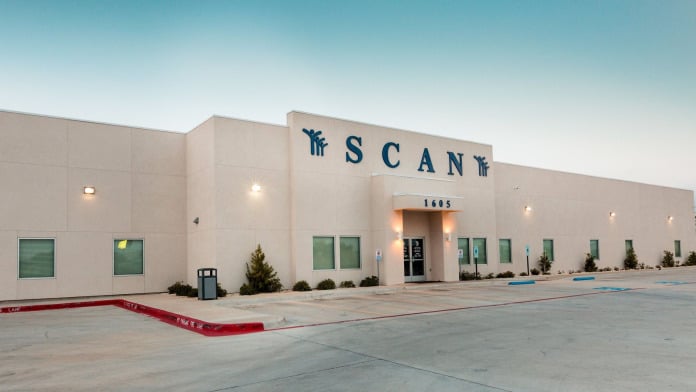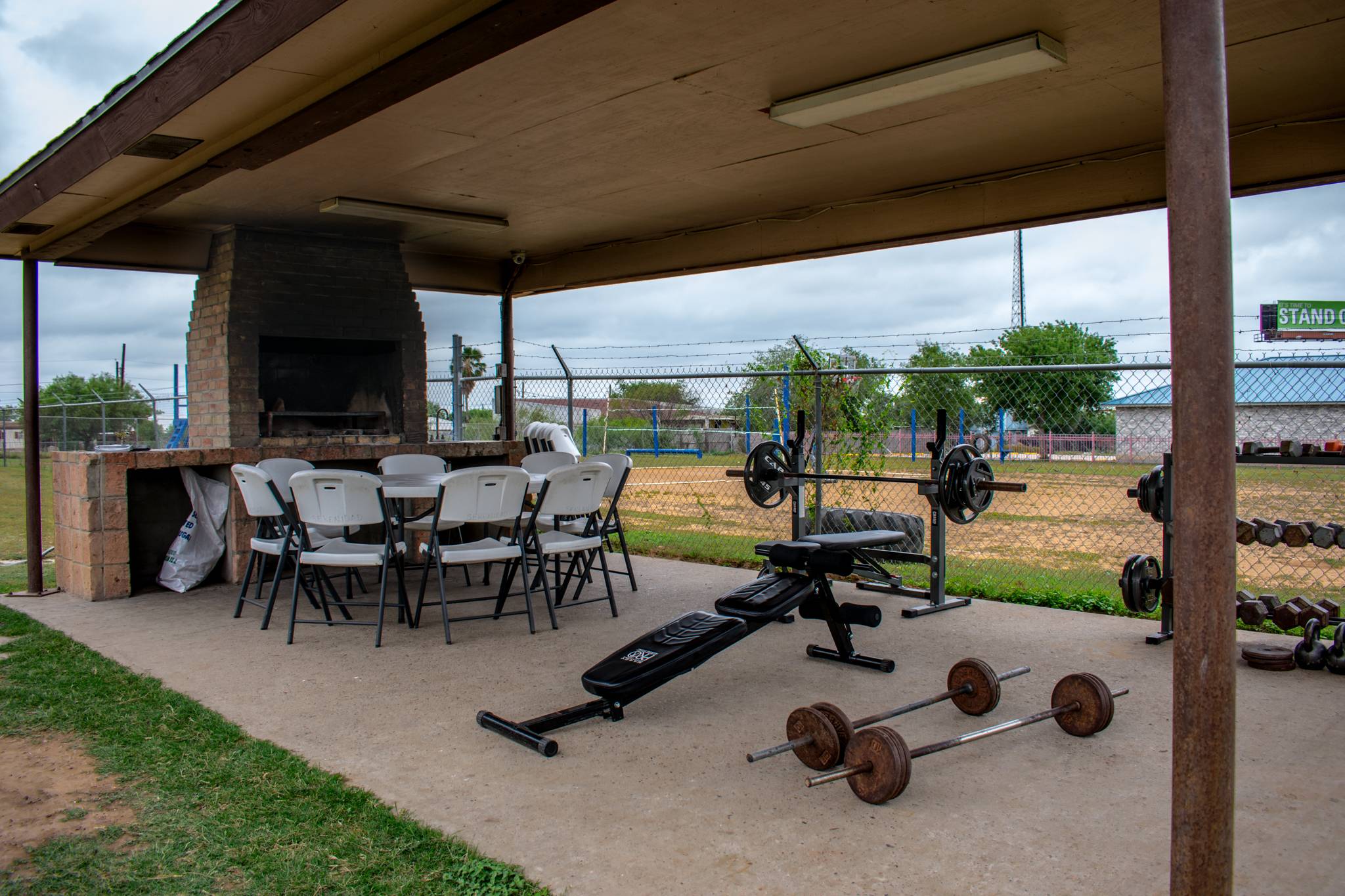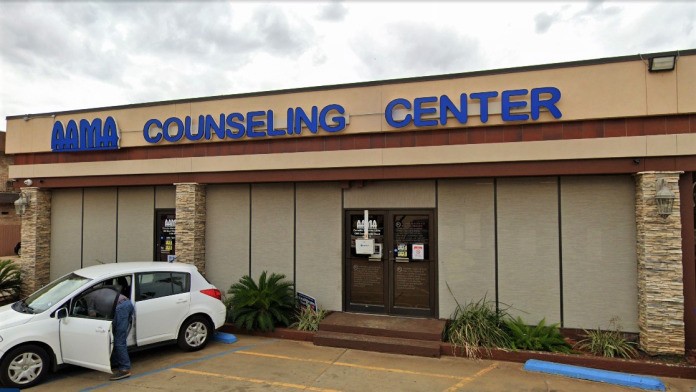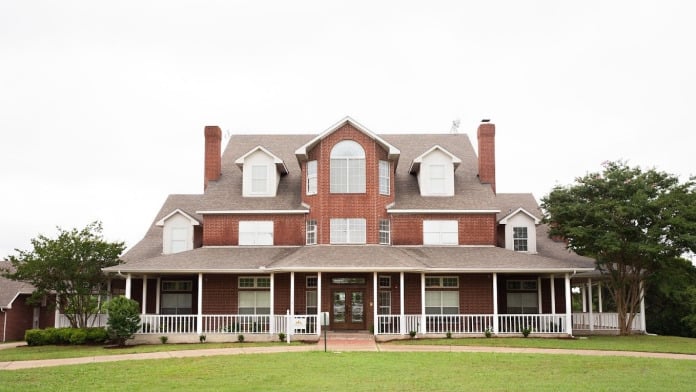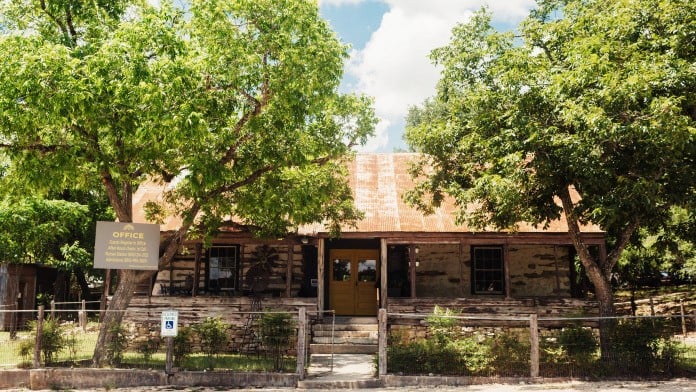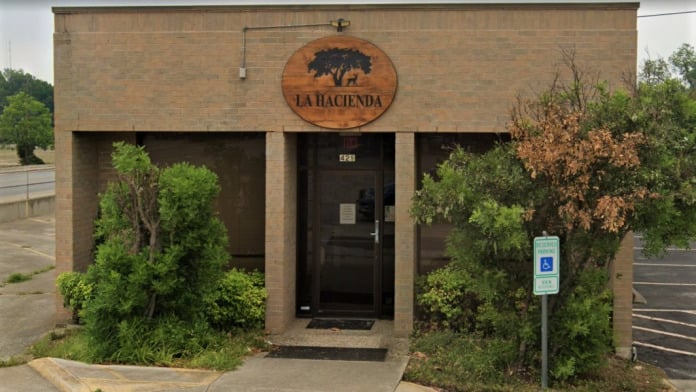About Association for the Advancement of Mexican Americans – Buena Salud
One of the many services offered by the Association for Advancement of Mexican Americans is substance use disorder counseling and treatment, with a special focus on Medication for Opioid Use Disorder (MOUD). SUD care is provided out of their Laredo, Texas, location. This clinic has CARF accreditation, illustrating the quality of its care.
AAMA has spent over 50 years supporting the Latino community through a range of social and medical services. They are uniquely equipped to provide culturally sensitive care for the Latino community and address the challenges they face. All services are bilingual, and no one is turned away if they can’t afford the cost.
Alternatives to Incarceration
It’s an unfortunate fact that those in the throes of substance abuse are more likely to find themselves involved in the justice system than those who are sober. What’s even worse is that incarceration often compounds the problem of addiction, since treatment isn’t always available to inmates in jails and prisons. AAMA is doing its part with the Treatment Alternative to Incarceration Program.
This is an outpatient program for those referred by the local court system. It presents an incredible opportunity for substance use offenders to turn their lives around and potentially avoid a harsher sentence. Programs like this tend to be more strict than voluntary treatment, but the trade off is more than worth it.
The importance of MOUD
AAMA is a leader in providing medications for opioid use disorders. It’s the most effective approach for promoting recovery and relapse prevention. Medications such as suboxone or buprenorphine can help reduce your withdrawal symptoms and cravings.
Laredo is a border town, making it a diverse blend of Mexican and American culture. This makes it a prime location for those interested in culturally informed care.
Rehab Score
Location
Addiction Treatments
Levels of Care
12-step programs are addiction recovery models based on Alcoholics Anonymous (AA). A number of substance abuse programs (including some drug and alcohol rehab centers) use the 12 steps as a basis for treatment. Beginning steps involve admitting powerlessness over the addiction and creating a spiritual basis for recovery. Middle steps including making direct amends to those who've been hurt by the addiction, and the final step is to assist others in addiction recovery in the same way. 12-Step offshoots including Narcotics Anonymous (NA), Cocaine Anonymous (CA), Dual Recovery Anonymous (DRA), Sex and Love Addicts Anonymous (SLAA) and Gamblers Anonymous (GA).
Treatments
The goal of treatment for alcoholism is abstinence. Those with poor social support, poor motivation, or psychiatric disorders tend to relapse within a few years of treatment. For these people, success is measured by longer periods of abstinence, reduced use of alcohol, better health, and improved social functioning. Recovery and Maintenance are usually based on 12 step programs and AA meetings.
During rehab in Texas, you'll deal with underlying issues that contribute to addiction. By addressing these challenges and learning healthy ways to cope with them, you'll develop strategies that help you live a drug-free lifestyle.
A combined mental health and substance abuse rehab has the staff and resources available to handle individuals with both mental health and substance abuse issues. It can be challenging to determine where a specific symptom stems from (a mental health issue or an issue related to substance abuse), so mental health and substance abuse professionals are helpful in detangling symptoms and keeping treatment on track.
Opioid rehabs specialize in supporting those recovering from opioid addiction. They treat those suffering from addiction to illegal opioids like heroin, as well as prescription drugs like oxycodone. These centers typically combine both physical as well as mental and emotional support to help stop addiction. Physical support often includes medical detox and subsequent medical support (including medication), and mental support includes in-depth therapy to address the underlying causes of addiction.
Programs
Adult rehab programs include therapies tailored to each client's specific needs, goals, and recovery progress. They are tailored to the specific challenges adult clients may face, including family and work pressures and commitments. From inpatient and residential treatment to various levels of outpatient services, there are many options available. Some facilities also help adults work through co-occurring conditions, like anxiety, that can accompany addiction.
Young adulthood can be an exciting, yet difficult, time of transition. Individuals in their late teens to mid-20s face unique stressors related to school, jobs, families, and social circles, which can lead to a rise in substance use. Rehab centers with dedicated young adult programs will include activities and amenities that cater to this age group, with an emphasis on specialized counseling, peer socialization, and ongoing aftercare.
Clinical Services
Research clearly demonstrates that recovery is far more successful and sustainable when loved ones like family members participate in rehab and substance abuse treatment. Genetic factors may be at play when it comes to drug and alcohol addiction, as well as mental health issues. Family dynamics often play a critical role in addiction triggers, and if properly educated, family members can be a strong source of support when it comes to rehabilitation.
Staff

Telisa Shead
Board Chair

lexandria H. Hernandez
Vice Chair
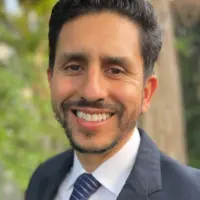
Christian Diaz
BOD

Charles Ezell
BOD

Ricardo M. Mago
BOD

Veronica Neal
BOD

Crystal E. Ramon-Miranda
BOD
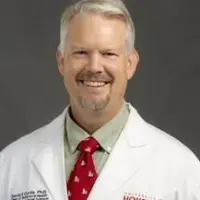
David Curtis, PhD
BOD
Contact Information
2305 Ventura Street
Laredo, TX 78040

